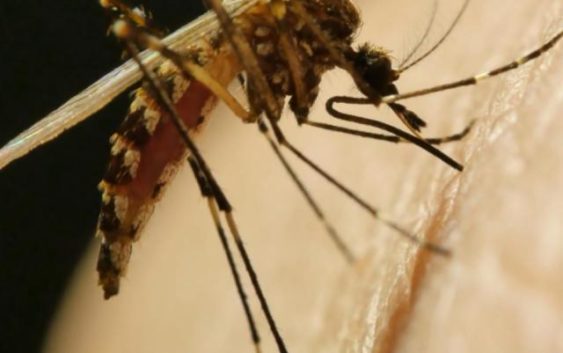- U.S.-based aid groups rush to get supplies into storm-battered Jamaica after Hurricane Melissa
- Travelers stuck in Jamaica due to Hurricane Mellissa forced to pay for unwanted extended stay
- Raleigh police officer awaits word from family in Jamaica after Hurricane Melissa devastation
- North Carolina’s leaders give insight on the effects of Hurricane Melissa
- ‘We want some answers;’ Whiteville residents demand city response to prevent flooding
A rain pours in from Hurricane Ian, a death from mosquito-borne West Nile virus

The heavy rain of Hurricane Ian and relatively warm temperatures of early fall make for perfect breeding conditions for mosquitoes. On the same day that Ian dumped on North Carolina, the state Department of Health and Human Services announced the first West Nile virus death of the season.
West Nile is spread to humans by the insect pest which breed in warm water. The best prevention is to dump pools of standing water and to wear insect repellent.
“This is a tragic reminder that these infections, though relatively rare, can be fatal,” said Michael Doyle, state public health entomologist. “We see most cases of mosquito-borne illness in the months from August through October, so we urge residents to protect themselves from mosquito bites.”
The health department said around one in five people who are infected get sick. The symptoms of West Nile virus are:
- Headache
- Body ache
- Joint Paints
- Vomitting
- Diarrhea
- Rash
Most people who are infected with West Nile virus have no symptoms at all.
The virus is rare. Through September, just nine cases were reported in North Carolina, but in many years state sees none. Since 1999, the United States has recorded more than 50,000 cases of West Nile virus and about 2,500 deaths.